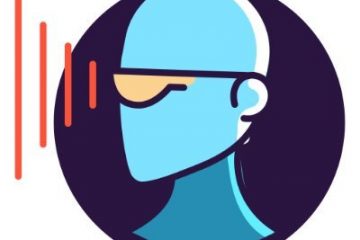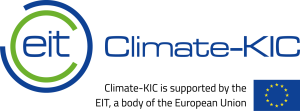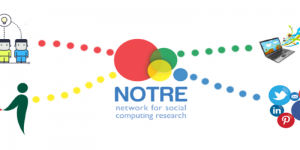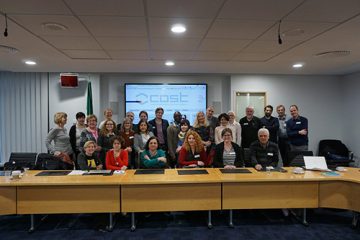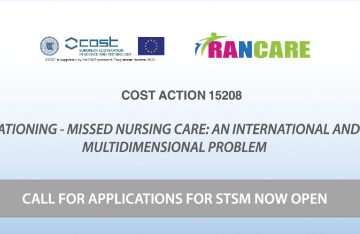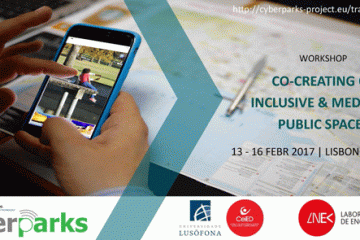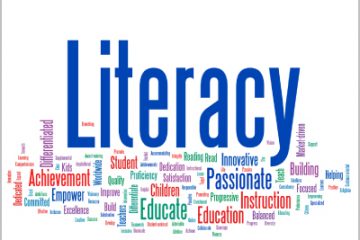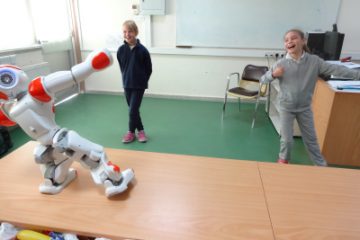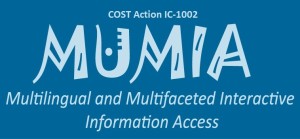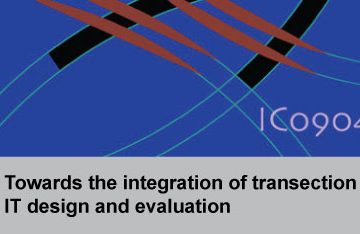ACTIVE:
“Within the next 10 years, many millions of people will be … wearing relatively unobtrusive … devices that offer an immersive and high-resolution view of a visually augmented world” (Perlin 2016: 85). This is the ‘human-machine era’, a time when our senses are not just supplemented by handheld mobile devices, but thoroughly augmented. The language we see, hear and produce will be mediated in real time by technology. This has major implications for language use, and ultimately language itself. Are linguists ready for this? Can our theory, methods, and epistemology handle it?
Women are underrepresented in Informatics (Computer Science, Computer Engineering, Computing, ICT) at all levels, while increasing female representation in the field is a grand challenge for academics, policymakers, and society as a whole.
The main aim of this COST Action is to improve gender balance in Informatics through the creation and strengthening of a truly multi-cultural European network of academics working on the forefront of the efforts in their countries, institutions and research communities.
COMPLETED:
YICY2020 – Climate KIC [Young Innovators 2020 – Climate KIC; January 2020 – December 2020; Grand No: 200491] funded to the Cyprus University of Technology by the EIT- European Institute of Technology. The project’s consortium included the Cyprus University of Technology (Lead Partner), the Cyprus Energy Agency and the Centre for Systems Solutions in Wroclaw- Poland. The programme aimed to support secondary and high school students to develop their 21st century skills and competences related to climate innovation, under the umbrella of the PBL pedagogy. Among other competencies, the project promoted systems thinking and analysis, critical thinking, creative problem-solving and entrepreneurship. The programme had 2 Stages — teachers training and school piloting with learners. The programme made used of a social simulation provided by the Centre for Systems Solutions: https://socialsimulations.org/
NOTRE is funded (total budget: 1 million euro) by Horizon 2020 Twinning programme – TWINN 2015 – and the duration of the project is 36 months (01/01/2016-31/12/2018). NOTRE aims to develop a network that will strengthen and enhance the research and innovation potential and capability of the newly established Social Computing Research Centre (SCRC) at the Cyprus University of Technology (CUT) for stimulating scientific excellence and innovation capacity in the area of Social Computing.
Action 15221 “WeRelate” addresses the challenge of creating synergy among the increasingly more specialised and centralised supports for four key higher education activities – research, writing, teaching and learning – which frequently fail to capitalise on their shared territories and common ground. The Action addresses the dearth of professional conversations and research around the shared territory of support for, and development of, these four areas. Such dialogue and research, across units and institutions, will illuminate intersections and contribute to institutional transformation based on complementary, coherent and integrated provision.
The main aim of this COST Action is to improve gender balance in Informatics through the creation and strengthening of a truly multi-cultural European network of academics working on the forefront of the efforts in their countries, institutions and research communities.
The overall aim of this Action is to facilitate discussion about rationing of nursing care based on a cross-national comparative approach with implications for practice and professional development. This will be achieved by advancing collaboration and networking, and by integrating different disciplines and approaches including nursing, ethics and moral philosophy, health care studies in general, economics and social policy.
CyberParks’ main objective is to create a research platform on the relationship between Information and Communication Technologies (ICT) and the production of public open spaces, and their relevance to sustainable urban development. The impacts of this relationship will be explored from social, ecological and urban design perspectives. CyberParks deals with opportunities and risks ICTs offer to the user, via the appreciation, design and usage of public spaces.
Through this Action, reading and writing research communities across Europe are joining, integrating their findings, and aligning their agendas so that they can: 1) develop an integrated and inclusive approach to foundational literacy across Europe; 2) devise a comprehensive framework of developmental aspects of literacy and education in a digital world; and 3) further improve literacy technologies. This will be valuable for promoting citizens’ interdependence, participation, and innovation, which are key assets to a united and diverse Europe.
The “LUDI” COST Action aims at the creation of a novel and autonomous field of research and intervention on play for children with disabilities.The network has three main objectives: a) collecting and systematizing all existing competence and skills: educational researches, clinical initiatives, know-how of resources centers and users’ associations; b) developing new knowledge related to settings, tools and methodologies associated with the play of children with disabilities; c) disseminating the best practices emerging from the joint effort of researchers, practitioners and users.
Find out More
MUMIA coordinates the collaboration between these disciplines, fostering research and technology transfer in these areas and play an important role in the definition of the future of search. To form a common basis for collaboration the domain of patent retrieval has been selected as a use case, as it provides highly sophisticated and information intensive search tasks that have significant economic ramifications. MUMIA explores innovative frameworks to empower the synergies from the disparate research fields of MT/IR/MIIA within the specific context of patent search and other next generation Web applications.
The Action aimed to provide harmonization and leadership currently lacking in this field by bringing together researchers and D&E professionals. Their broad experience of D&E methods deployed in different sectors and disciplines enabled comparison of method applications, assessing transferability of both established and novel approaches. The Action provided young interdisciplinary researchers with systematic training and networking opportunities such as STSMs and Training Schools.
